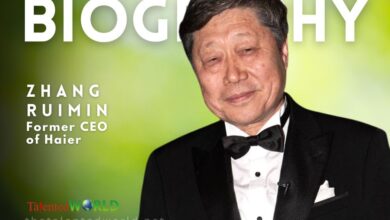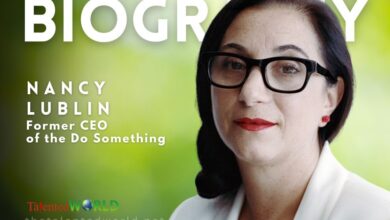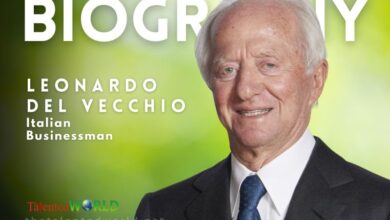
Quick Facts
| Fact | Details |
|---|---|
| Full Name | Liliane Henriette Charlotte Bettencourt (née Schueller) |
| Date of Birth | October 21, 1922 |
| Place of Birth | Paris, French Third Republic |
| Date of Death | September 21, 2017 |
| Place of Death | Neuilly-sur-Seine, France |
| Age at Death | 94 |
| Occupation | Board member and principal shareholder of L’Oréal |
| Spouse | André Bettencourt (m. 1950; died 2007) |
| Children | Françoise Bettencourt Meyers |
| Parents | Eugène Schueller, Louise Doncieux |
| Net Worth at Death | $44.3 billion |
| Company Holdings (2012) | Owned 185,661,879 (30.5%) shares of L’Oréal, with 12.56% held in trust for her daughter |
| Personal Life | Generally shunned media, faced scrutiny over relationship with François-Marie Banier and political funding controversies |
| Real Estate | Lived in an Art Moderne mansion in Neuilly-sur-Seine, sold private island D’Arros Island in 2012 for £60 million |
| Legacy | Known as the richest woman and the 14th richest person in the world at the time of her death |
| Funeral | Held at Église Saint-Pierre in Neuilly-sur-Seine |
Liliane Bettencourt Net Worth
Liliane Bettencourt net worth is approximately US$44.3 billion.





